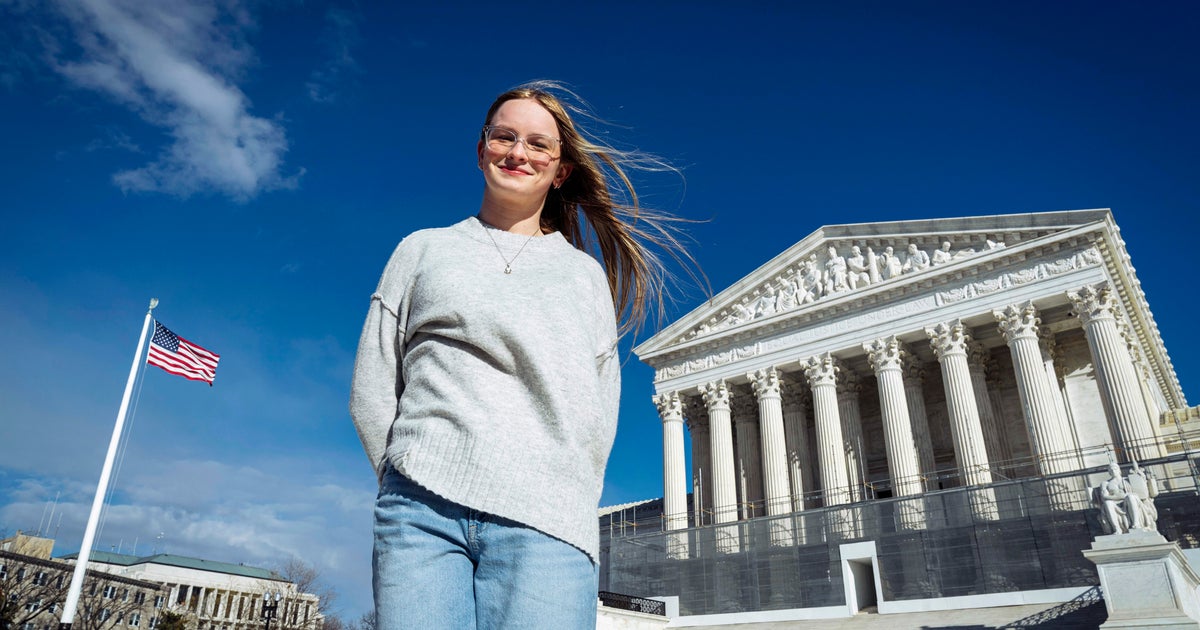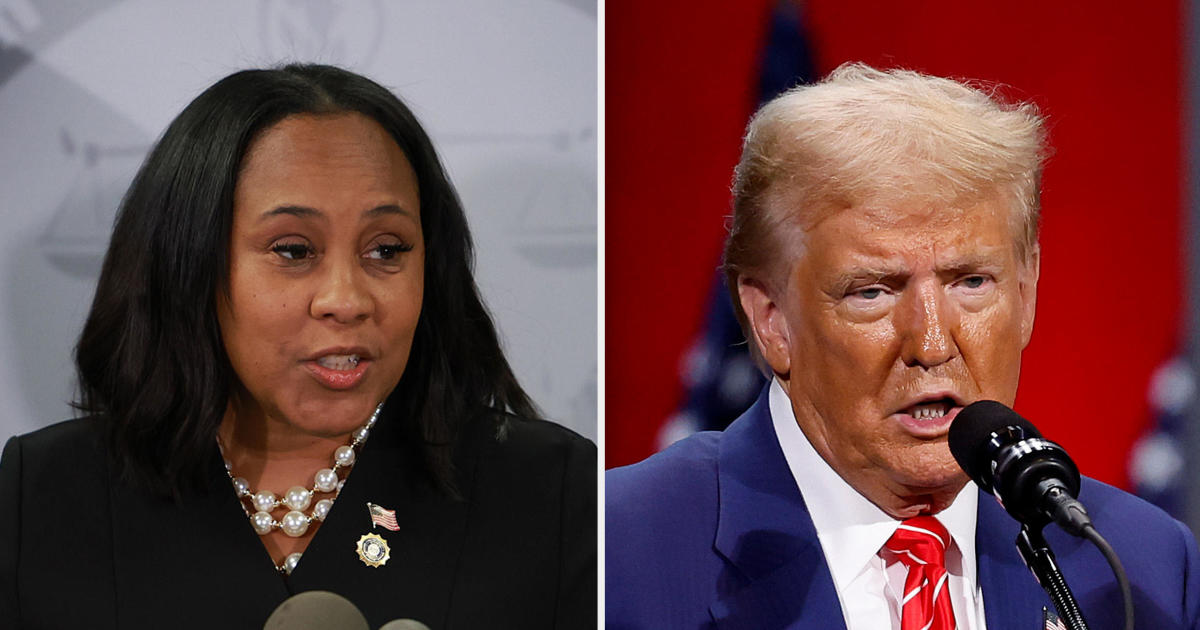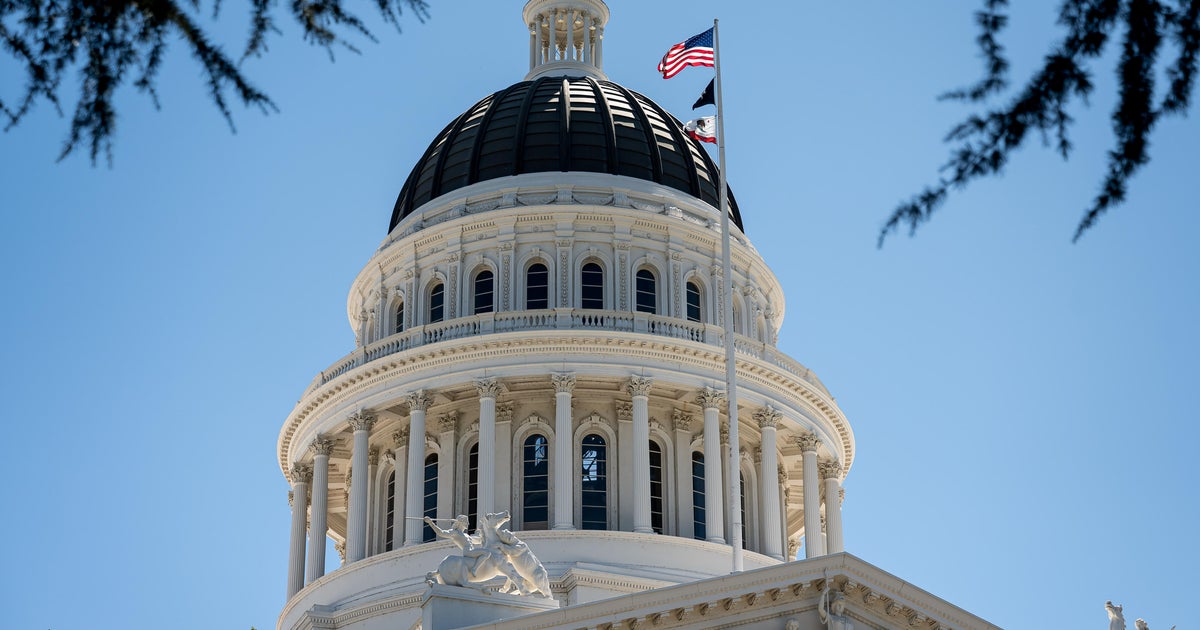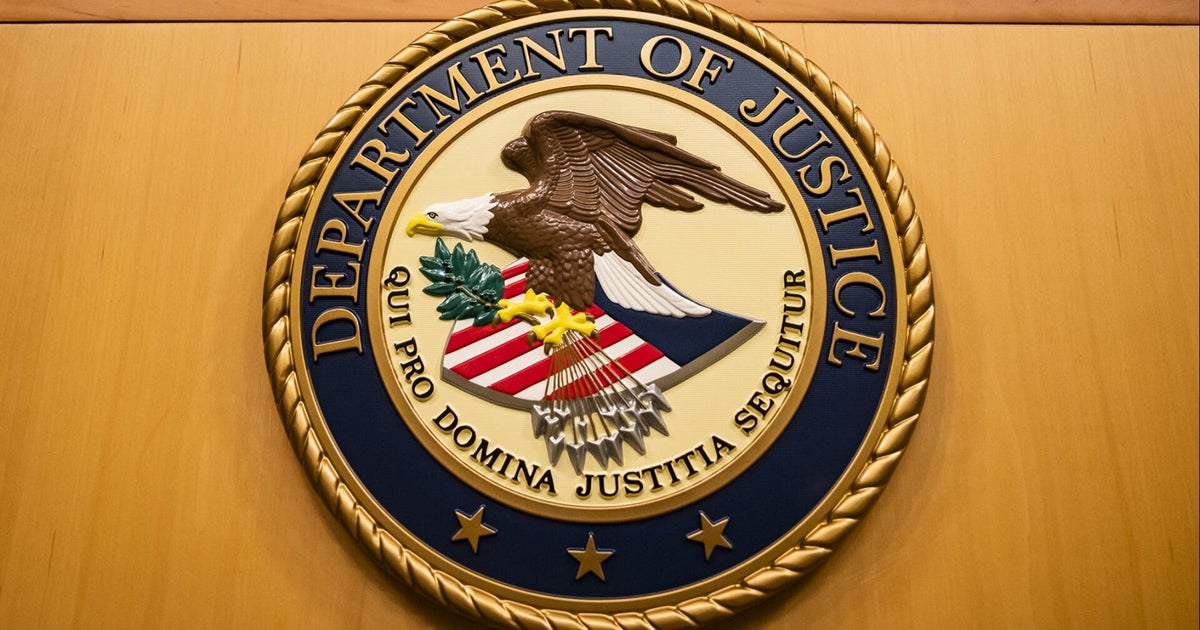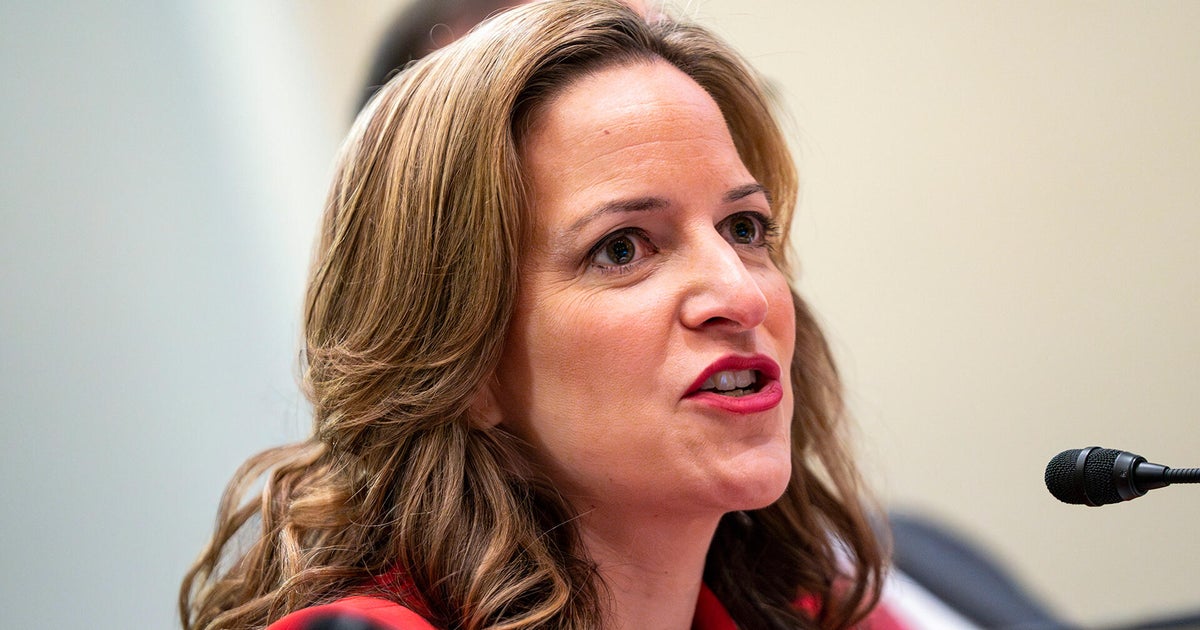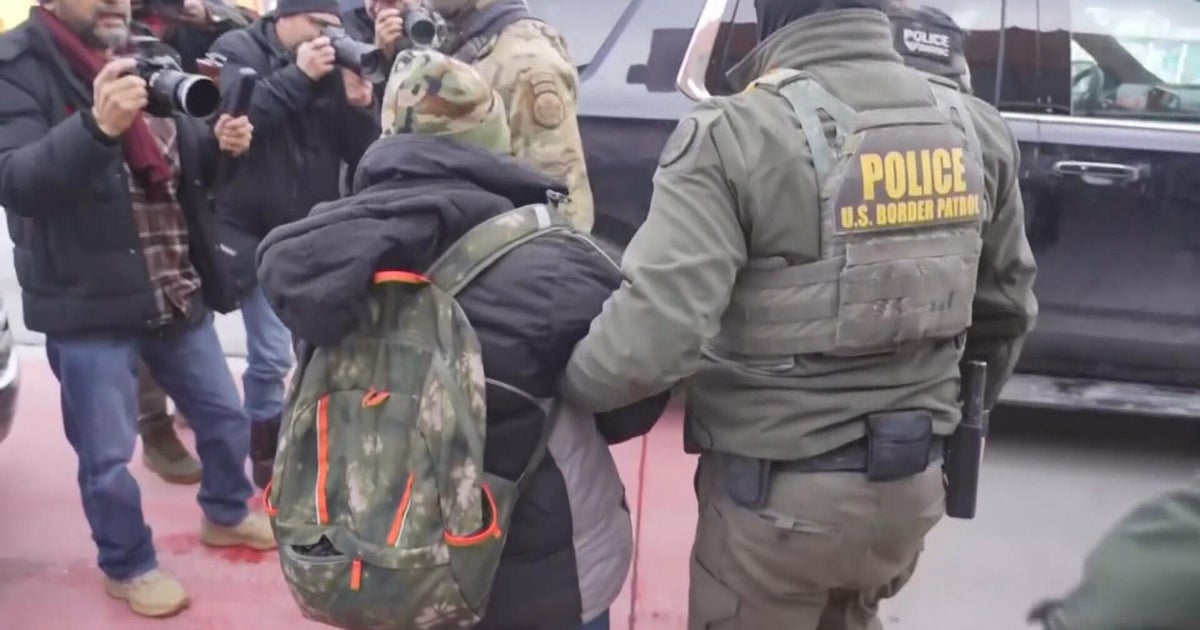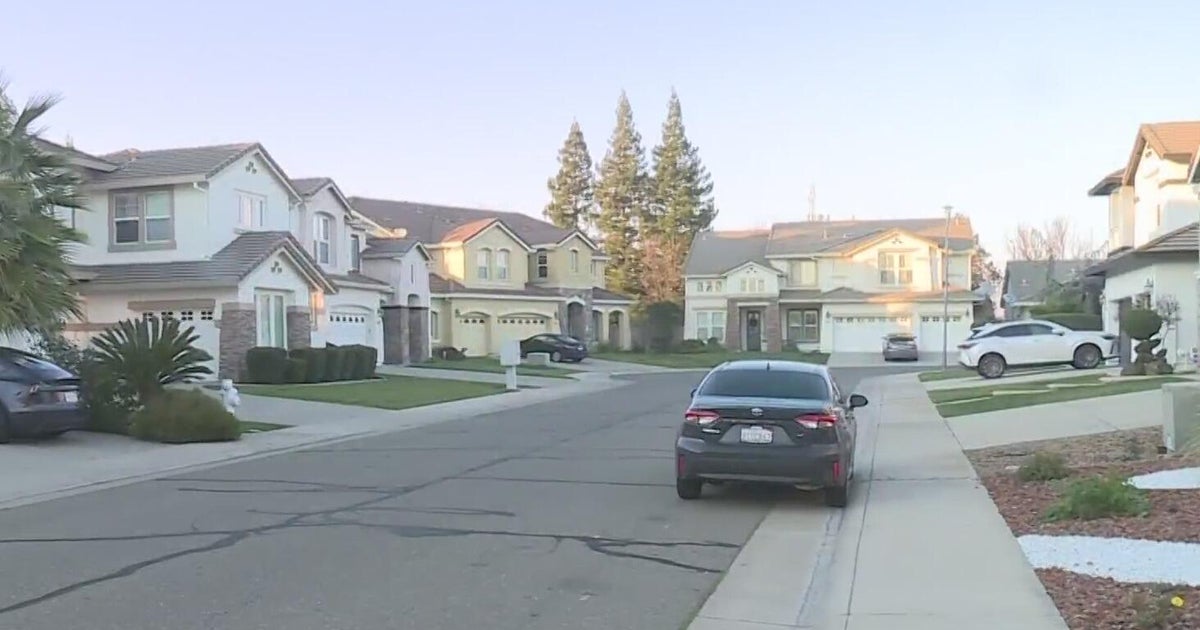UPDATE: Court Upholds Ban On Proposition 8, Saying It's Unconstitutional
SAN FRANCISCO (CBS13/AP) -- A federal appeals court on Tuesday declared California's same-sex marriage ban to be unconstitutional, putting the bitterly contested, voter-approved law on track for likely consideration by the U.S. Supreme Court.
A three-judge panel of the 9th U.S. Circuit Court of Appeals ruled 2-1 that a lower court judge correctly interpreted the U.S. Constitution and Supreme Court precedents when he declared in 2010 that Proposition 8 was a violation of the civil rights of gays and lesbians.
The court said gay marriages cannot resume in the state until the deadline passes for Proposition 8 sponsors to appeal to a larger panel of the 9th Circuit. If such an appeal is filed, gay marriages will remain on hold until it's resolved.
Lawyers for Proposition 8 sponsors have repeatedly said they would consider appealing to a larger panel of the court and then the U.S. Supreme Court if they did not receive a favorable ruling from the 9th Circuit.
"Although the Constitution permits communities to enact most laws they believe to be desirable, it requires that there be at least a legitimate reason for the passage of a law that treats different classes of people differently. There was no such reason that Proposition 8 could have been enacted," the ruling states.
The court crafted a narrow decision that applies only to California, even though the court has jurisdiction in nine western states. California is the only one of those states where the ability for gays to marry was granted then rescinded.
"Whether under the Constitution same-sex couples may ever be denied the right to marry, a right that has long been enjoyed by opposite-sex couples, is an important and highly controversial question," the court said. "We need not and do not answer the broader question in this case.
Governor Brown reacted quickly to the court's ruling.
"The court has rendered a powerful affirmation of the right of same-sex couples to marry. I applaud the wisdom and courage of this decision," said Gov. Brown.
California Attorney General Kamala D. Harris applauded the court's decision.
"Today's ruling is a victory for fairness, a victory for equality and a victory for justice," said Attorney General Harris. "Proposition 8 denied to gay and lesbian couples the equal protection to which all Americans are entitled. By striking this unconstitutional law from our books, the court has restored dignity, equality and respect to all Californians."
While the Sacramento Gay and Lesbian Center called today's ruling an historic moment but noted it is only one victory in the battle for civil rights.
"But we know today is not the final word as this matter is sure to be settled by the U.S. Supreme Court. Until that day, we must be ever vigilant in speaking out against the unfair and hurtful discrimination which now exists in the law," said Shara Perkins Murphy, executive director of the Sacramento Gay and Lesbian Center.
The Supreme Court panel also said there was no evidence that former Chief U.S. Judge Vaughn Walker was biased and should have disclosed before he issued his decision that he was gay and in a long-term relationship with another man.
The ruling came more than a year after the appeals court heard arguments in the case.
Proposition 8 backers had asked the 9th Circuit to set aside Walker's ruling on both constitutional grounds and because of the thorny issue of the judge's personal life. It was the first instance of an American jurist's sexual orientation being cited as grounds for overturning a court decision.
Walker publicly revealed he was gay after he retired. However, supporters of the gay marriage ban argued that he had been obliged to previously reveal if he wanted to marry his partner -- like the gay couples who sued to overturn the ban.
Walker's successor as the chief federal judge in Northern California, James Ware, rejected those claims, and the 9th Circuit held a hearing on the conflict-of-interest question in December.
California voters passed Proposition 8 with 52 percent of the vote in November 2008, five months after the state Supreme Court legalized same-sex marriage by striking down a pair of laws that had limited marriage to a man and a woman.
The ballot measure inserted the one man-one woman provision into the California Constitution, thereby overruling the court's decision. It was the first such ban to take away marriage rights from same-sex couples after they had already secured them and its passage followed the most expensive campaign on a social issue in the nation's history.
The Williams Institute on Sexual Orientation and the Law, a think tank based at the University of California, Los Angeles, has estimated that 18,000 couples tied the knot during the four-month window before Proposition 8 took effect. The California Supreme Court upheld those marriages, but ruled that voters had properly enacted the law.
With same-sex marriages unlikely to resume in California any time soon, Love Honor Cherish, a gay rights group based in Los Angeles, plans to start gathering signatures for a November ballot initiative asking voters to repeal Proposition 8.
Copyright 2012 The Associated Press.
